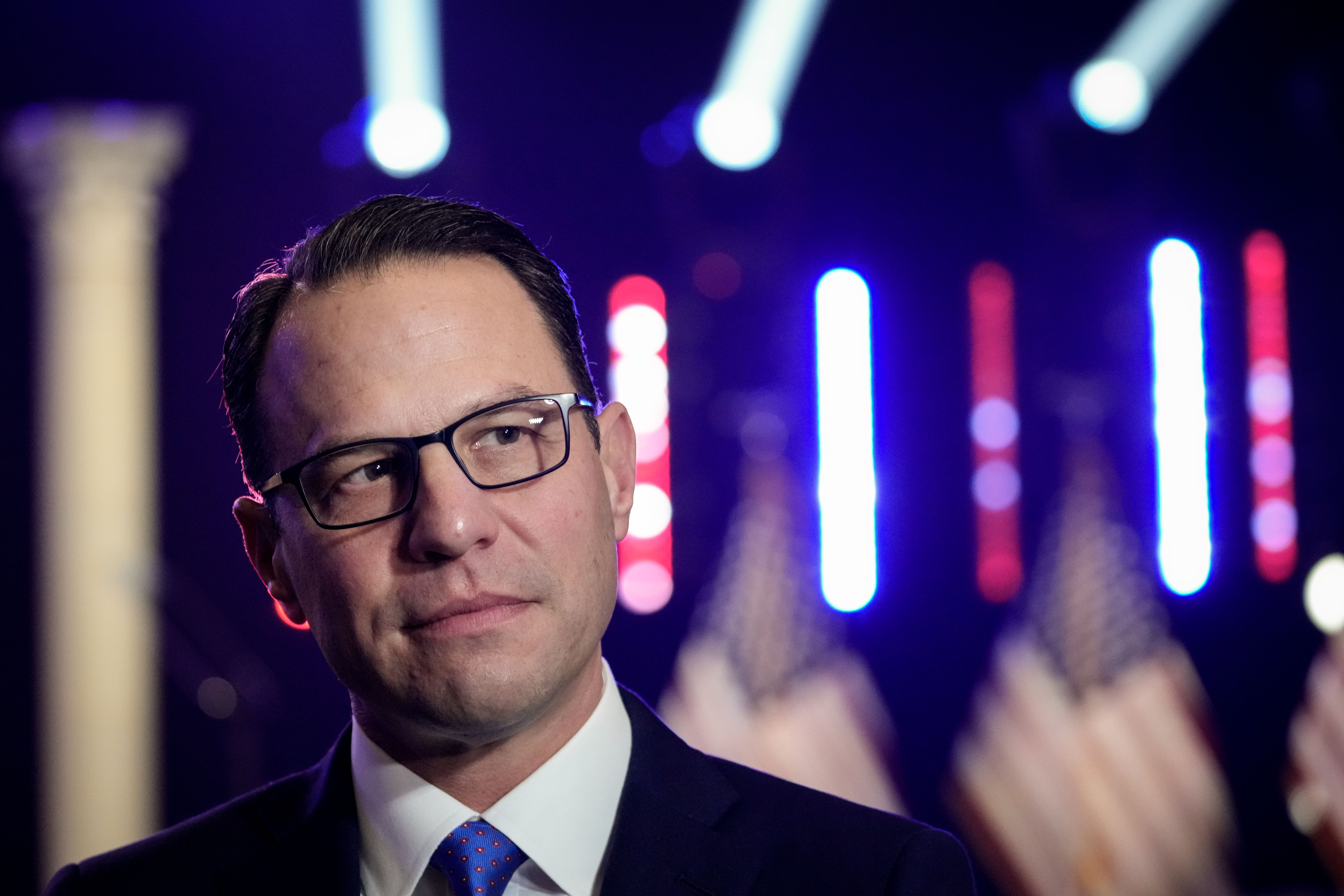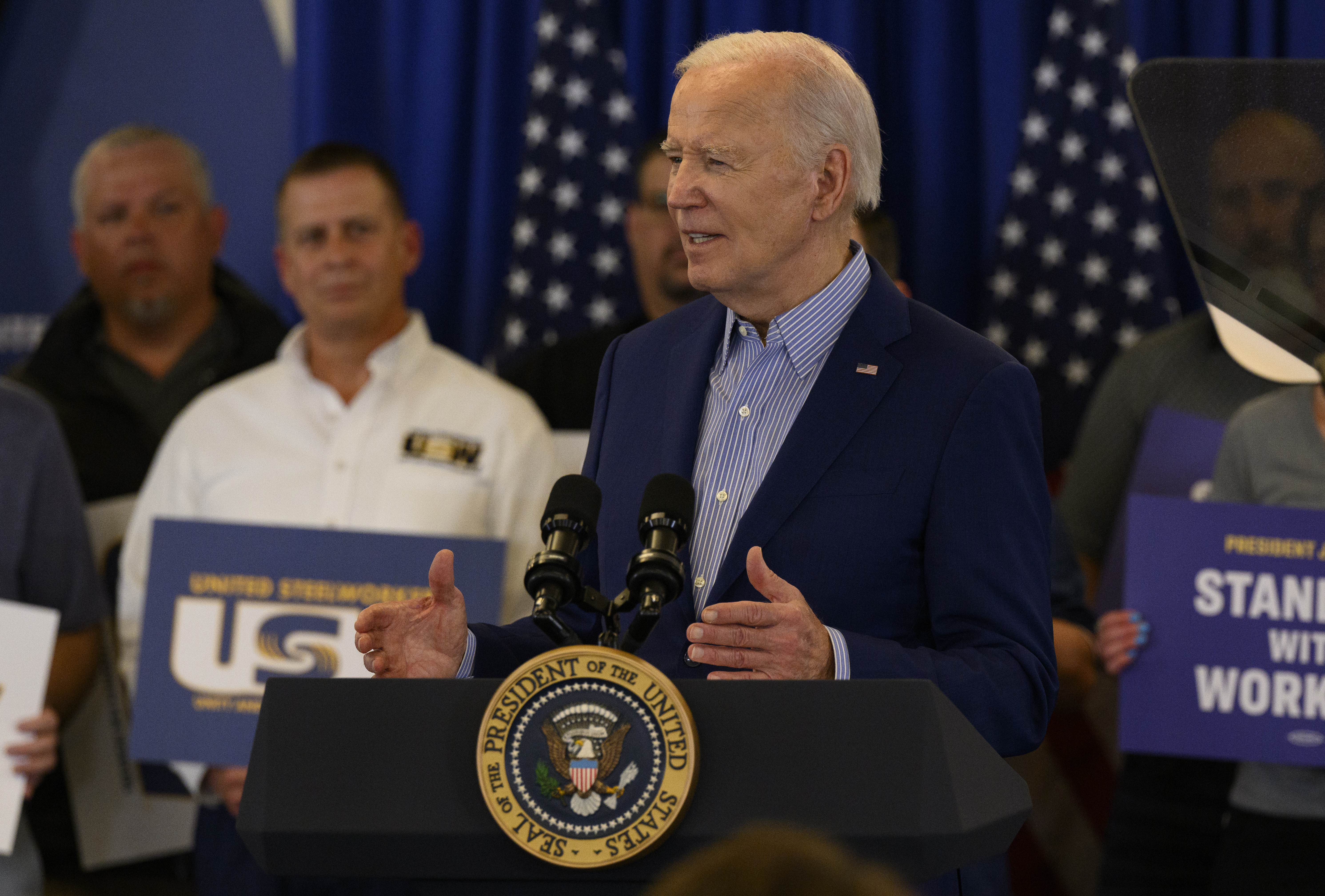One day after a Councilman and a union boss were convicted in federal court on numerous corruption charges, the top two elected officials in Philadelphia remained silent on ways to improve the reputation of local political power.
Philadelphia Council President Darrell Clarke won't even talk about whether his colleague on Council, Bobby Henon, should resign. He simply has said that Council "has not been distracted by the trial, and remains focused on the urgent issues confronting our city."
Mayor Jim Kenney, meanwhile, says he doesn't see how the conviction of his close political ally, union boss John Dougherty, who was convicted with Henon, would affect the levers of power in City Hall.
"We've moved on from other scandals in the past," Kenney said Tuesday, one day after Dougherty and Henon were found guilty at a federal trial on 8 and 10 counts, respectively, of public corruption charges. "It's not like it hasn't happened before. People have been convicted before, and the city moves on."
Get Philly local news, weather forecasts, sports and entertainment stories to your inbox. Sign up for NBC Philadelphia newsletters.
Silence on reform from the two most powerful people in City Hall speaks volumes about the difficulties facing Philadelphia in enacting laws and policies that make it harder for public officials to corrupt local government.
The Committee of Seventy, a longtime watchdog organization of election and political integrity in Philadelphia, put out three suggestions for ways to improve following the monthlong trial of Dougherty and Henon.
"We have this reputation for being corrupt and contented," Seventy policy director Pat Christmas said Tuesday. "And this was a question after the (former Mayor John) Street administration's scandal back in 2003. At that time, council reacted. In fact, some reforms were championed by then Council members Michael Nutter and Jim Kenney, who went on to be the next mayors. There are clearly reforms that can get done here and so, are we going to take another step forward?"
Politics
Strengthen Disclosure and Restrictions for Outside Jobs
One of the central themes of the Henon-Dougherty trial was Henon's $70,000-per-year job with Dougherty's IBEW Local 98. Henon worked as a union member for years before eventually becoming the union's political director. From there, he ran for Council in the city's 6th district, representing the River Ward and some of the Lower Northeast neighborhoods. After winning election in 2011, he remained for years as a paid employee of the union.
Federal prosecutors claimed that Henon's salary was the payoff to put the union's bidding above his overall obligation to city residents.
"If outside employment for City Council members will not be banned outright, then substantially more disclosure and restriction are essential on these types of jobs," the Committee of Seventy says. "For one paying $70,000 per year, Councilmember Henon has needed only to disclose to the public the name of his employer, its address and his position: “Electrician.” This is woefully inadequate."
Recent legislation will require any outside income above $5,000 be disclosed by elected officials in Philadelphia starting in 2022, but Seventy said that's still not enough.
"[S]imply knowing who has an outside job is not enough. The city’s rules around conflicts of interest and representation should also be expanded to guard against a public official acting so explicitly on behalf of an outside actor. This should include a ban on employment with any entity that lobbies the city," Seventy says.
Consider the Public Financing of City Elections
The political firepower asserted by IBEW Local 98 under Dougherty's longheld control revolved around the large union's ability to donate directly to candidates, and spend on political advertising through political action committees. For decades, the union spent millions on local campaigns and statewide campaigns. The effects have been far-reaching. Take this domino effect as just one example:
A.) John Dougherty’s union spends hundreds of thousands of dollars through political action committees on the 2015 campaign of his brother Kevin Dougherty, who was running for the state Supreme Court. B.) Kevin, a Democrat, is elected to the Pennsylvania Supreme Court in an election that gives Democrats a 5-2 advantage on the state’s highest bench. C.) The court soon after rules that Pennsylvania's congressional map is unconstitutional, and must be redrawn. Eventually, the high court redraws the map itself. D.) Democrats rejoice, then take nine seats in the 2018 midterm election.
The Committee of Seventy is arguing for public financing of local political campaigns that would remove the lobbying power of political behemoths, from labor unions to large corporations.
"The use of taxpayer dollars as a means to amplify the influence of small-dollar donors and level the playing field against well-heeled special interests has continued to gain ground in other parts of the country," Seventy says. "New York City has the largest such finance system, which allows for a $10 contribution from a city resident to be leveraged to as much as $90 (an 8-1 match) for a campaign, diversifying the funding base of every participating candidate while also subjecting them to additional rules and reporting requirements."
Expand the Scope of the Inspector General
Philadelphia's Office of the Inspector General is nearly 40 years old, yet remains small in comparison to the government it is supposed to watch from within, Seventy says.
"Having only existed via mayoral orders, the authority of the Inspector General is limited to the executive and administrative branch," Seventy says. "Enshrining the Office of Inspector General in the Home Rule Charter with purview over all of city government including City Council and the several row offices—Sheriff, Register of Wills and City Commissioners—is a long overdue reform."
When asked if he thinks anything will change in Philadelphia government following the convictions, Kenney shrugged.
"Change what?" he asked a reporter. "Outsiders have influence all the time. I mean, you think that every major corporation in this city doesn't have major influence in this city, in this region on legislative bodies? That's naive to think that that's not the case."



